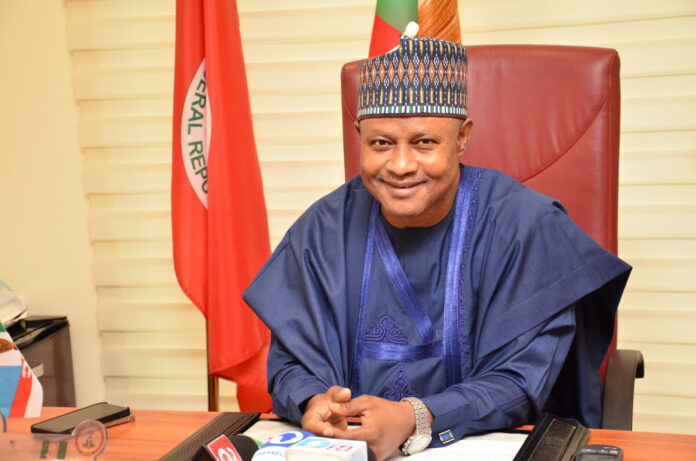By: Daure David , Political Correspondence
In a dramatic escalation of political tensions in Kaduna State, Senator Lawal Adamu Usman has formally petitioned the International Criminal Court (ICC) in The Hague, calling for the issuance of an arrest warrant against Governor Uba Sani over alleged crimes against democracy, unlawful persecution, and abuse of state power during the August 16, 2025 by-elections.
The petition, submitted on behalf of the Peoples Democratic Party (PDP) and its detained candidate, accuses Governor Sani of orchestrating a coordinated crackdown on opposition figures using state security agencies including the Nigerian Police Force, Department of State Services (DSS), and the Economic and Financial Crimes Commission (EFCC).
According to the petition, over 25 senior PDP officials including the State Party Secretary, Zonal Chairman, and elected legislators were allegedly arrested and harassed in the early hours of election day. The PDP candidate was reportedly detained without cause, and ₦26 million earmarked for election logistics was confiscated. These actions, the petition claims, violated a Peace Accord signed by in Kaduna State.
Senator Usman argues that the Governor’s conduct constitutes political persecution under Article 7 of the Rome Statute, which defines crimes against humanity to include systematic attacks on civilian populations, including suppression of democratic participation. The petition further alleges that Governor Sani exercised direct command responsibility over the security agencies involved.
The PDP has demanded that the ICC open an investigation, establish criminal liability, and issue an arrest warrant to prevent further abuses. Independent election monitors and media outlets reportedly documented the incidents, lending weight to the petition’s claims.
Governor Uba Sani has not yet issued a formal response to the allegations. However, he recently led calls for sweeping justice reforms in Nigeria, positioning Kaduna as a hub for legal innovation and democratic governance a stance now under scrutiny in light of the petition.
The ICC has yet to acknowledge receipt of the petition publicly, but legal analysts say the move could set a precedent for international accountability in Nigeria’s electoral process.







